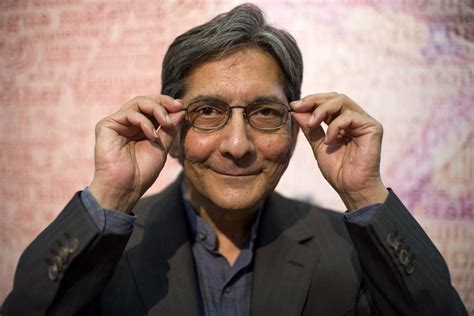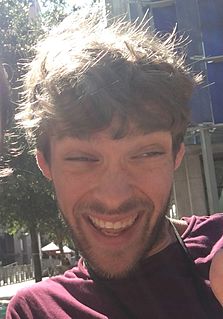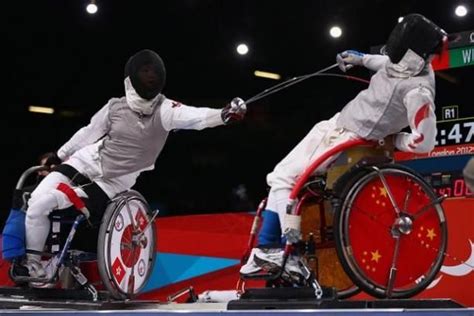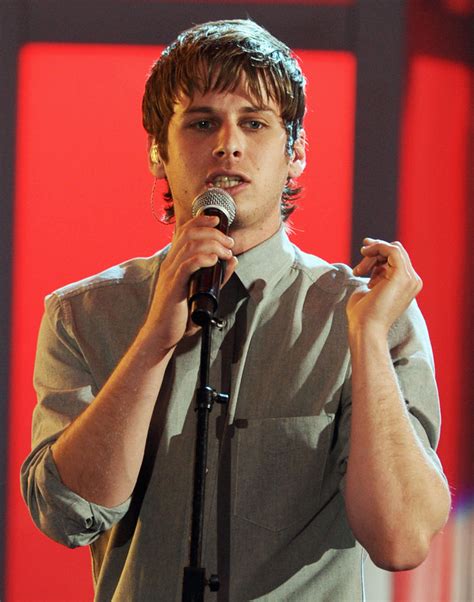A Quote by Danny Glover
Lethal Weapon 2 used the platform to talk about the apartheid system. That was a very important moment for us.
Related Quotes
I remember my emotions the day we watched Nelson Mandela walk out of prison Writing & literature in South Africa during the anti-apartheid years, became a 'cultural weapon.' You had to use it to fight apartheid & some of us resisted that in the end, you recognize that you are facing a government that has no scruples about using culture & art to oppress you.
Look, if somebody said tomorrow, "We're making a Lethal Weapon formula movie, but it's incredibly well-written and for two women," I'm not going to say, "Oh, forget it, it's formula." I got an idea the other day, that somebody should write a typical formula movie, a Lethal Weapon, and make it with me and my dad. It could be all father-and-daughter capers. But I'd want someone really weird to direct it.
It's really good to talk about it [ hydraulic penises and prosthetic butts], and it's very gratifying when people ask us about the other aspects of the film [Swiss Army Man], but [those things] are part of the movie and they're important and hilarious, a very fun part of the movie, so there's no sense from us of not wanting to talk about that. I think it's exciting that those things exist in a film that is also very heartfelt and emotional and profound.
I am so proud of being a Paralympian because I think the Games are a very good platform for disabled persons to perform themselves. Within the Paralympics movement, it's not just talk about excellence; it's not just talk about the competition. It's also talk about the equality and how your world accepts those disabled people.
I have a lot of cop friends that I'm close with and we talk about these things. I always ask them, 'In this situation and in this scenario, what would you have done or what should've happened?' If a guy doesn't have a weapon or doesn't seem like he has a weapon, drawing your weapon should never be the answer.
I was getting mad at the system or the politicians or the government, and then I realized someone should talk about this stuff, and I have a big, multinational global-youth platform of kids who are going to change the world. So I was like, "I should be doing that. I should be showing this to people. That's my job." And since that time, I've been very happy.



































